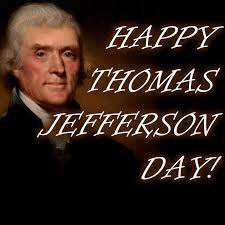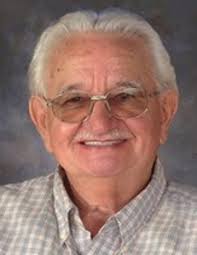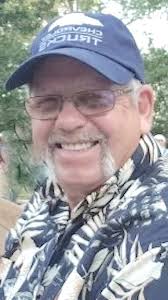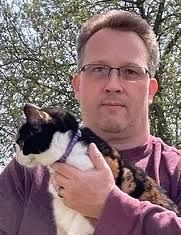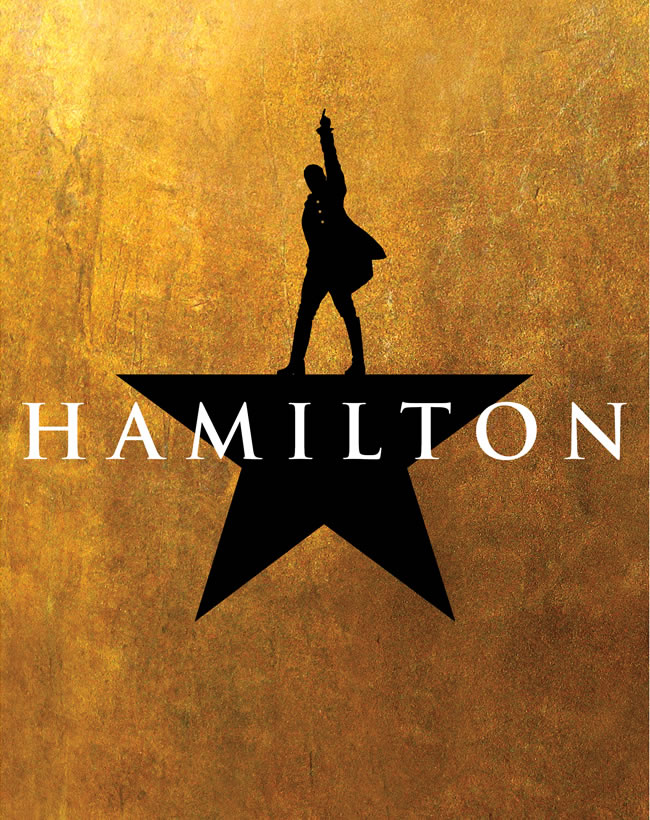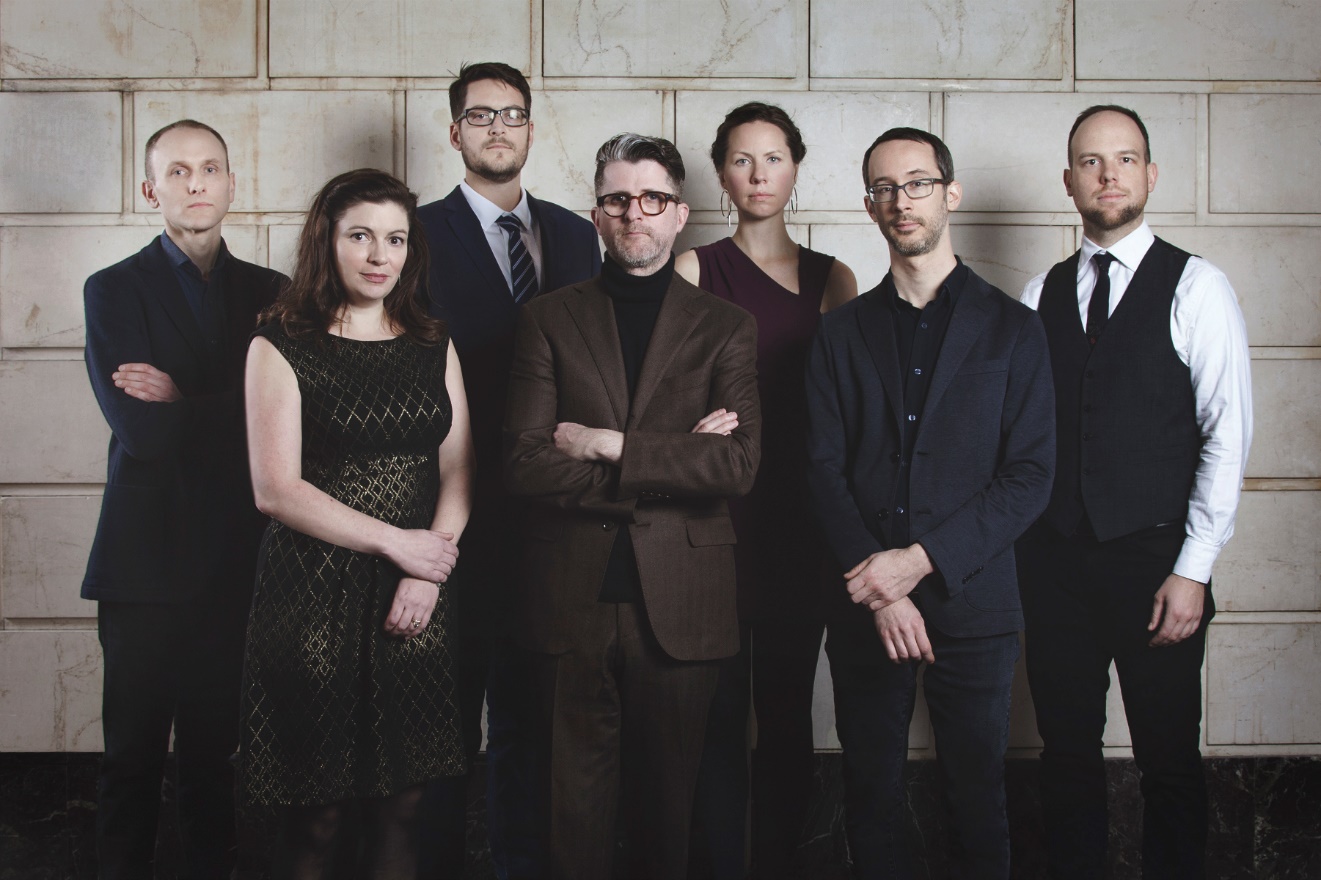April 13 is National Thomas Jefferson Day and honors the birth of the third President of The United States, Thomas Jefferson, who was kind of born on April 13, 1743. The Julian or Old Style calendar was used until 1752, when the Gregorian or New Style calendar was adopted. This added eleven days to the current date to bring the calendar year into step with the astronomical year. Thus, the birthday of Jefferson, who was born on April 2 under the Old Style calendar, is now celebrated on April 13, the New Style date. The Gregorian or New Style calendar is the calendar we use today.
Ever curious, Jefferson was a lawyer and a scientist of agriculture, paleontology, and astronomy. He also studied the weather, keeping detailed records, sparking weather enthusiast across his home state of Virginia. He collected archeological animal bones; he loved wine, books, and was quite the foodie. In fact, many credit him to brining “mac and cheese” to America, though that is not the case. However, he does have a favorite recipe for the macaroni noodle, which can be found at https://www.monticello.org/site/research-and-collections/macaroni#footnote4_grw9agn.
Many know Thomas Jefferson as a former President of the United State or even a founding author of the Constitution. However, these achievements do not come close to encompassing Jefferson’s accomplishments, education, goals, and efforts.
While living in France, serving as a U.S. Minister to France, Jefferson fell in love with the cuisine, architecture, and the art. However, he found the state of poverty there to be deplorable. When he returned to the States, he brought with him a new found passion for French wine and a renewed sense duty to help his fellow man. As for wine, he was recognized as one of the great wine experts, keeping two vineyards at Monticello, which still exist.
Jefferson truly believed ALL men were created equal. His line in the Declaration of Independence, “life, liberty and the pursuit of happiness,” was actually his view on poverty. He spend much of working life, actively trying to protect ordinary citizens from overreaching wealthy citizens. However, he also believed individuals should be self-reliant. He wanted the government to assume responsibility for the poor, but as a temporary measure meant to be used temporarily to help the person while they recovered financially or even while learning a new trade so they could be financially stable.
Jefferson believed that “without health, there is no happiness.” He made numerous attempts to improve health care. He fought to reduce disparities in health care amongst Americans. It is believed, due in part to his work with French health care and in part to his agreement with John Adams, that Thomas Jefferson actually wanted a universal health care coverage. However, it cannot be substantiated as there is no written proof of this theory.
During his political career, Jefferson fought to reform poorhouses. Poorhouses were similar to the homeless shelter/missions we have today. He believed they had failed their mission and were too underfunded. He also wanted all children to have access to education. Jefferson stated all children should learn “some art, trade or business,” however; he saw the merit in public school and wanted children to attend for a minimum of three years. He wanted education for everyone, whether they could afford it or not, even if it came at public expense.
Jefferson also wanted slaves to receive an education. He wrote a letter to Robert Pleasants, advocating for Virginia’s educational system to provide the education in order to prepare them for freedom. He saw education as a means of empowering the powerless to empower themselves.
It is not known if his love for education led to his passion for books or if his passion for books led to his love of education. What is known, however, is that the Library of Congress would have suffered more severely if not for Jefferson. It is believed that Jefferson had the largest personal collection of books in the United and when the Library of Congress was raided by the British in 1814, Jefferson offered his personal library, as a replacement. His collection was estimated to be around 6,500 different books.
From politics to humanitarianism, food to healthcare, Jefferson never wanted to stop learning. He promoted education and pushed for equality in all peoples.

